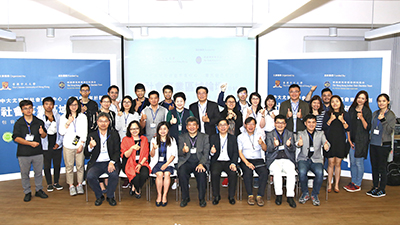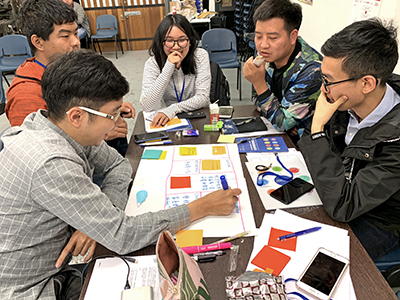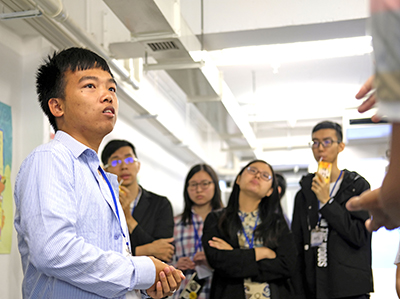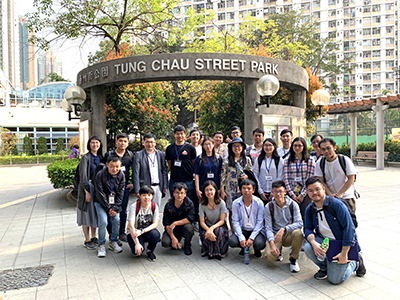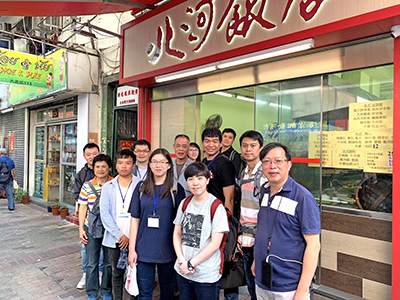



  




 



 
|
| 28. 04. 2019 ISSUE 18 | |||
|
|
Social Business Regional Forum 2019 |
|||||||||||
|
The Yunus Social Business Centre@CUHK, which is a subsidiary of this Centre, organised the Social Business Regional Forum 2019: Inclusive Social Innovation and University Social Responsibility on the 5th to 7th of this month. Scholars and the youth of six units (either university or social innovation institution) from Hong Kong, the Mainland and Taiwan were invited to the forum comprising a two-day workshop and a symposium held on the last day. The workshop took place at the Jockey Club Creative Arts Centre for the youth only. During the sharing session, delegates introduced their social innovation projects to illustrate how to utilise creativity, take advantage of social marketing, and develop business model. They also joined a field visit to Sham Shui Po to gain an understanding of hawker culture, living condition of the underprivileged and the homeless people. Through the surveys on some local social innovation projects, the delegates got the feel of the relation between social enterprise and the grassroots. In the symposium, the young delegates shared their reflections of the two-day workshop along with feedbacks from scholars. The scholars also presented cases on their respective universities' social responsibility. Despite differences in the approach of promoting inclusive social innovation and university social responsibility, it manifested a common goal - to transform the university into a knowledge hub of social innovation where passionate students can be incubated and an innovative ambience can be created on- and off-campus. At the panel discussion within the symposium, the young delegates pinpointed a hurdle in promoting social innovation on campus i.e. the four-year study in the university is too short for students to witness the fruits of their social innovation projects. They suggested there should be more case sharing from alumni who had already been in the field to arouse students' interest in social enterprise startup. To echo this expectation, the scholars showed willingness to act as companions to the young social entrepreneurs to provide them with more support and encouragement. |
|
||||||||||
|
|
|||||||||||
|
Past Issue
| |
|
|
|
|
|
